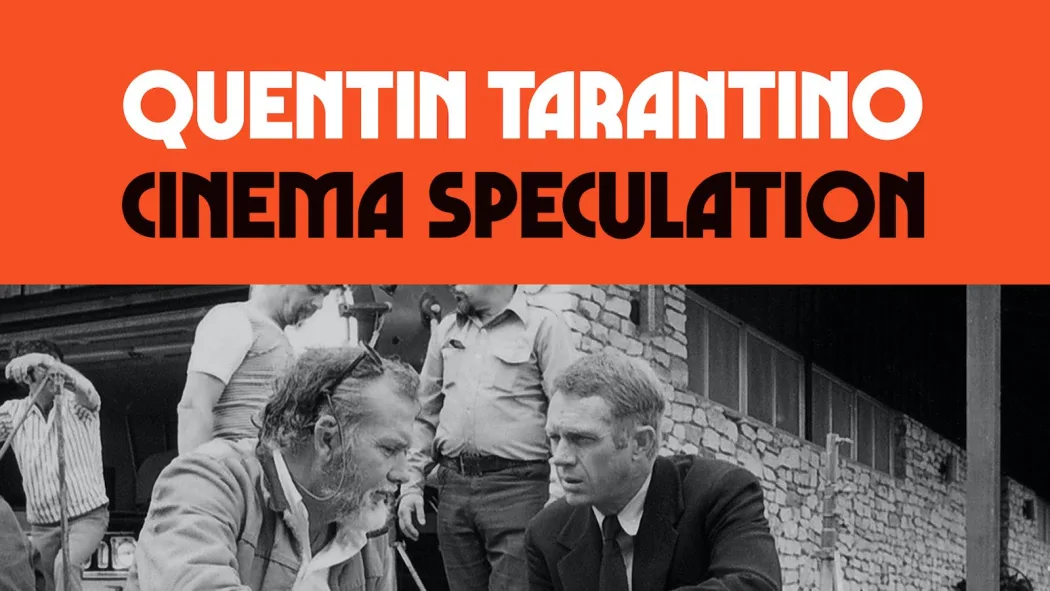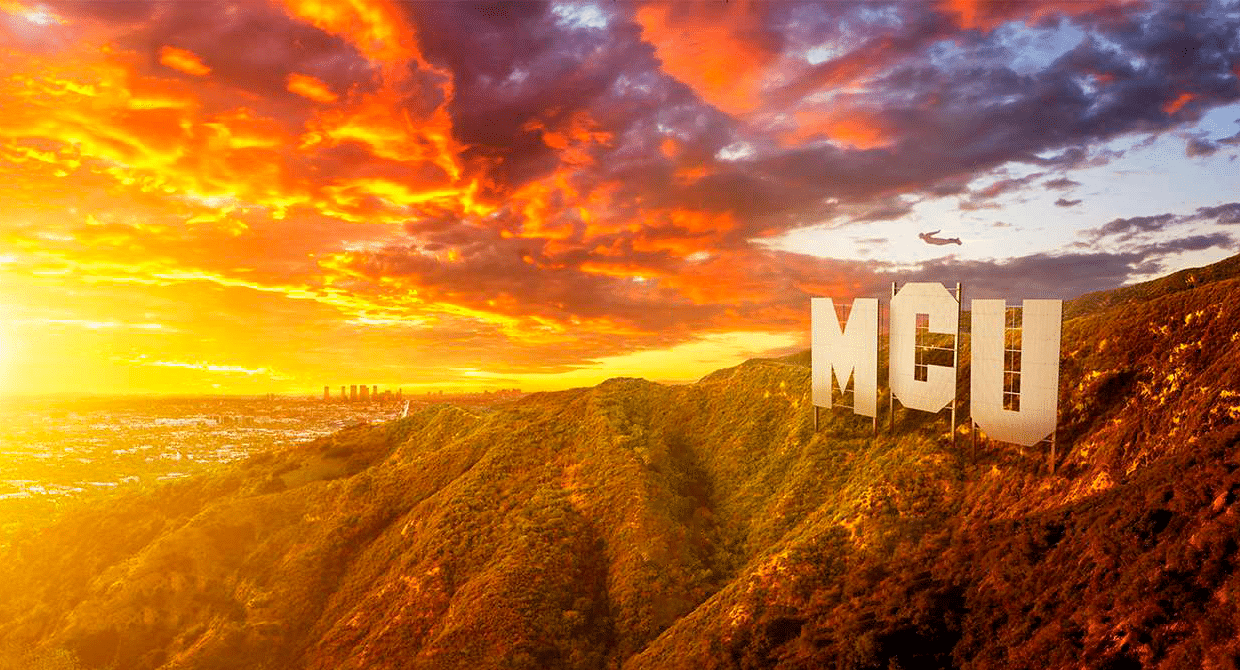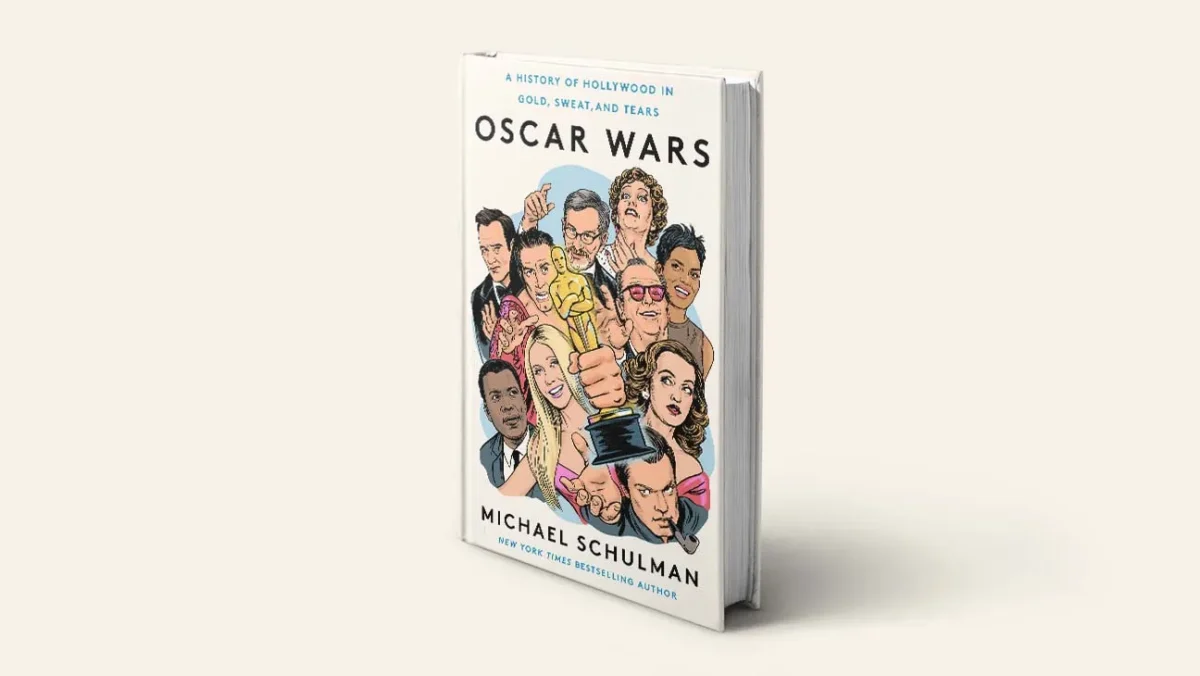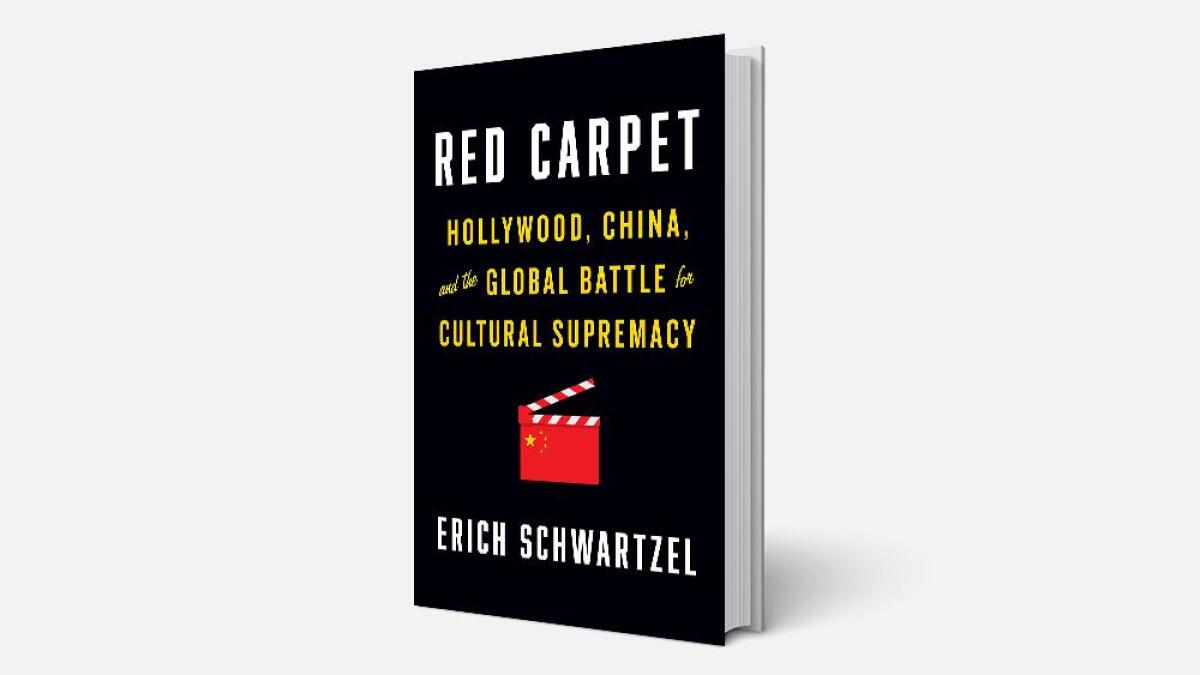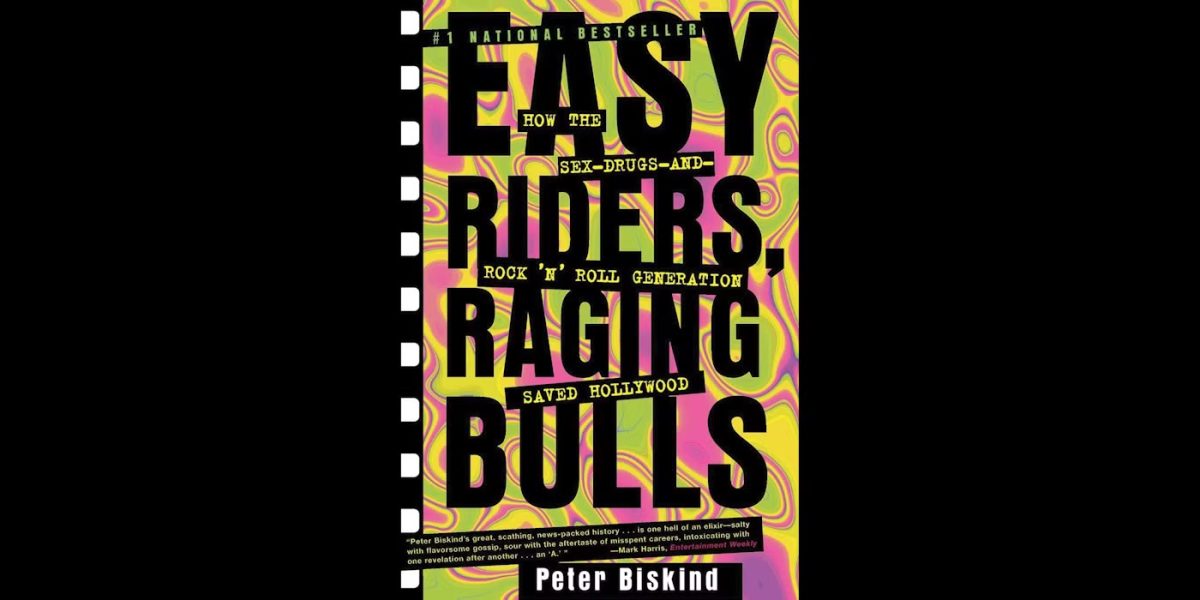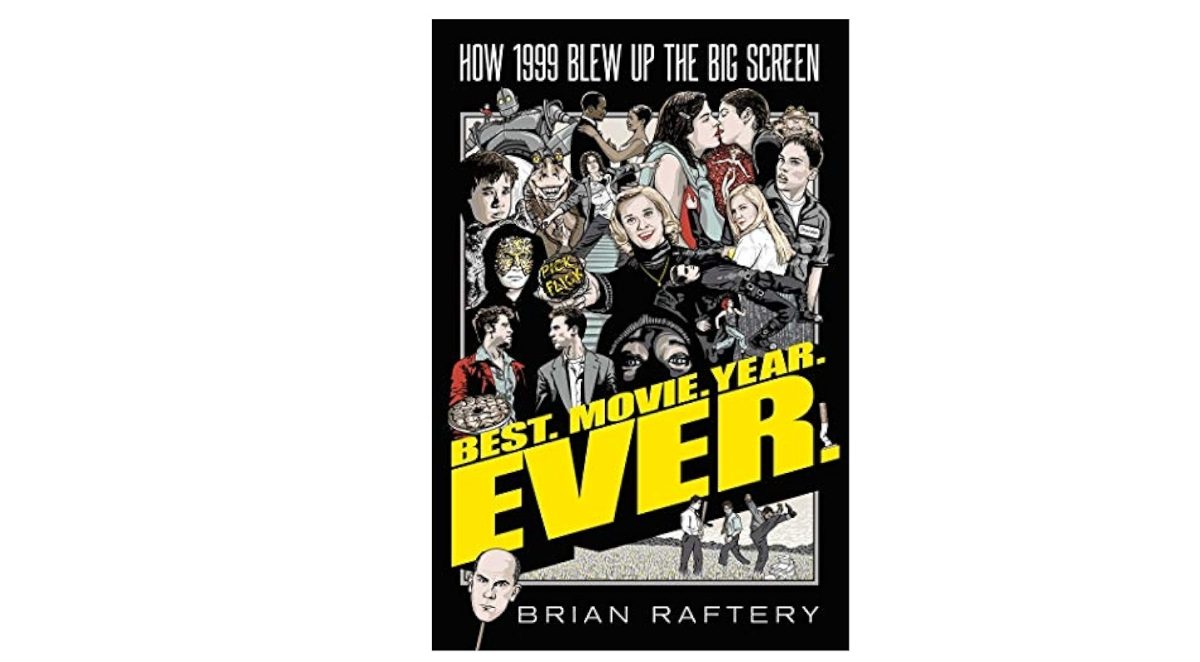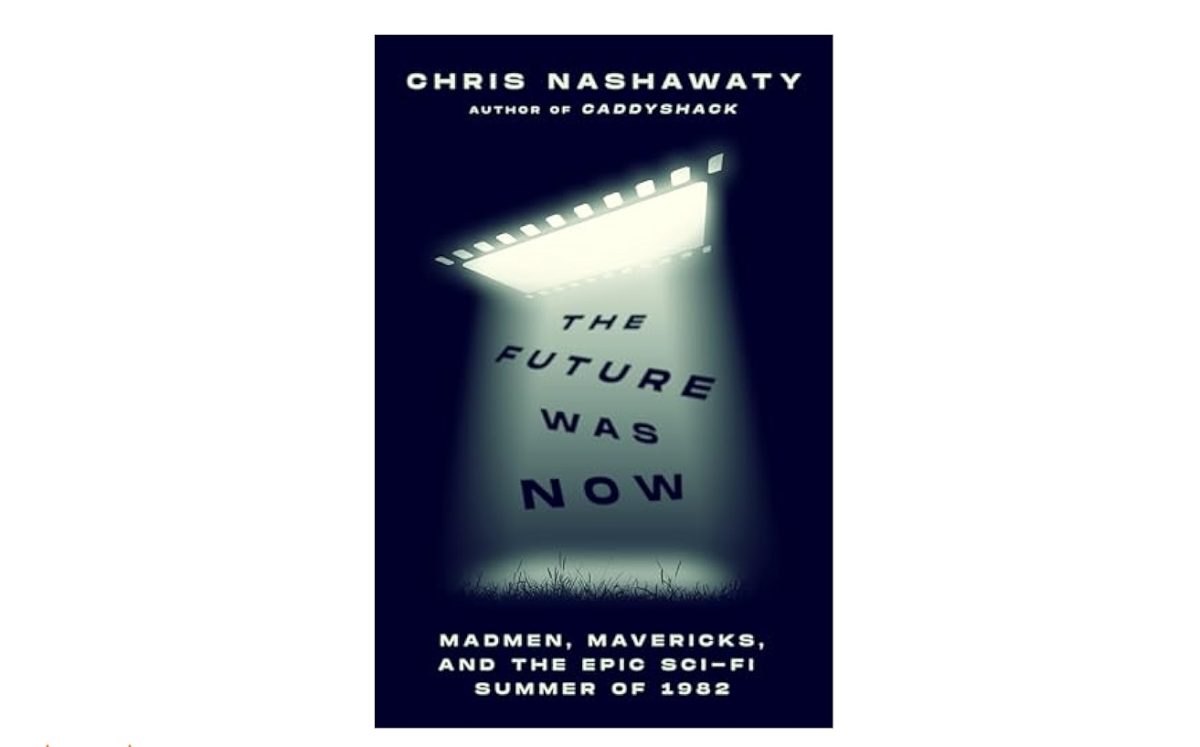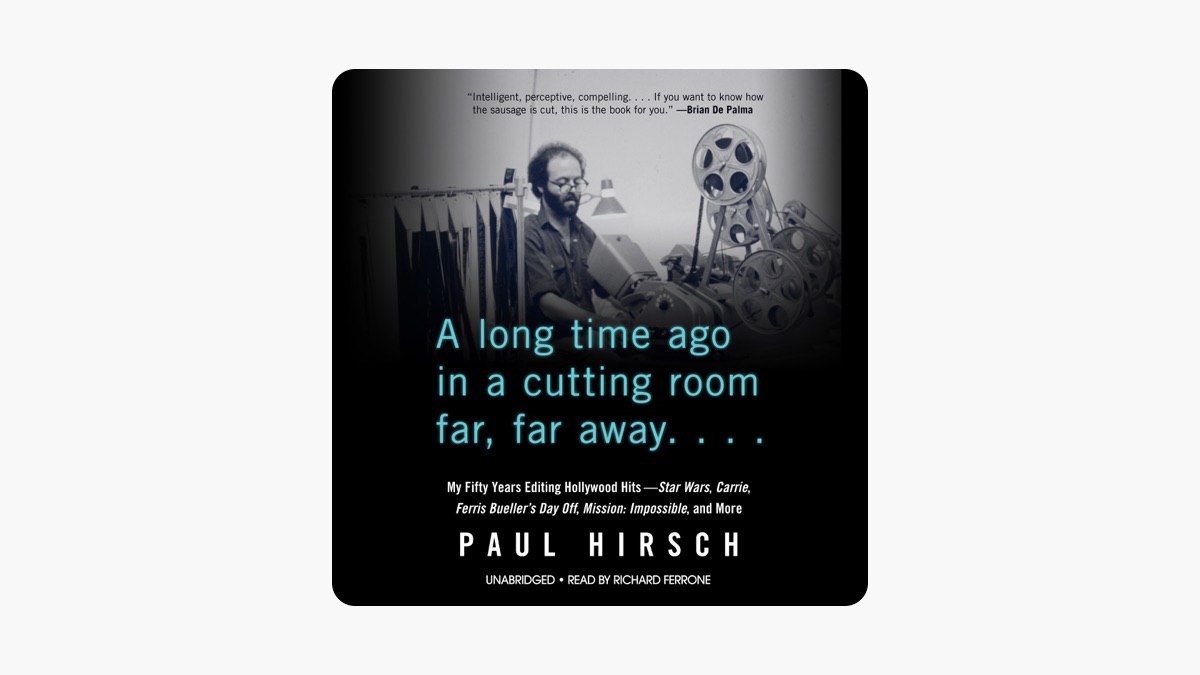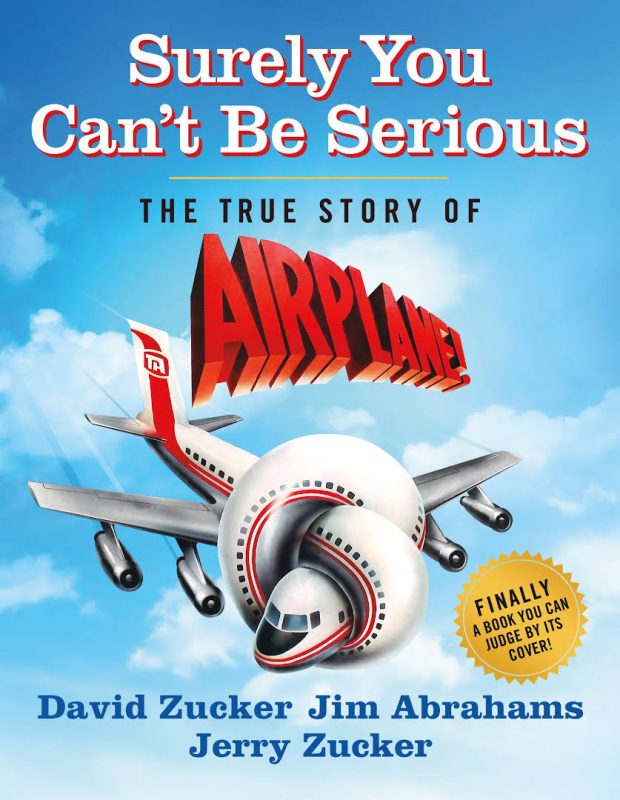10 Great Books A Cinephile Must Read: For as long as I can remember, I’ve always loved cinema. I used to go sometimes, even twice or thrice a week. As my love for cinema grew, as it happens, I found myself wanting to learn about the process and history behind many of my favorite films. That led me to subscribe to many YouTube channels, watch some of the DVD Special Bonus Features, and, as of recently (about a year), read and listen to audiobooks on the matter.
This has led me to have an even greater appreciation for the craft. Another major thing I’ve learned is how fascinating and even more awesome the behind-the-scenes, E! True Hollywood stories behind the films or the industry can be, even more than the films themselves. There’s intrigue, there’s suspense, there’s a lot of backstabbing, there’s a lot of cocaine, there are tears of sadness, but also there are growing pains and valuable lessons learned.
I’m sure there are plenty of books out there, and if you know about any of them, make sure to leave it in the comments, cause I’d like to get them. In the meantime, here are some recommendations for some books that have impacted me and have given me a greater appreciation for the industry.
Cinema Speculation
Starting off this list with a book that personally ignited my love for searching this movie history-themed books. You basically have Tarantino writing about his love for many of these formative films in his life as he provides us with a bio, a little bit of history about the film, with some great and interesting behind-the-scenes, as he also expresses the reasoning why these movies mean so much to him.
This being Tarantino, there’s a lot of discussion about obscure and underrated films ad nauseam. It becomes clear that the magic he weaves through his writing, especially his dialogues, which not only linger in your mind but carry a distinct sense of playfulness, isn’t limited to his films; it translates effortlessly into his work on the page as well.
If you are ever in search of some great movies to add to your watchlist that you may have never heard of, this is also the perfect book for you. The book itself as a whole makes for an engrossing read or listen if you, like me, enjoy hearing your books.
MCU: The Reign of Marvel Studios
Love it or hate it, Marvel has played a pivotal role in the world of entertainment, specifically through the whole MCU. Yes, even nowadays, where it appears that their magic isn’t as bright as it once used to be. Whereas some have said, “We once expected the MCU movies to be great, now we hope for them to be good.”
But I digress.
This book, whether you are a fan or not, walks us through the rise of Marvel, not only the MCU but also those films that came before. All the nitty gritty behind the scenes, which, unsurprisingly, is so fascinating. You got inspiring stories, fun anecdotes, internal battles where it got to a point where it felt Kevin was fighting for supremacy in the business trenches against executives who gave a flying F. about the movies and were only interested in merchandising, merchandising, merchandising (props if you got that reference). There’s intrigue, and it overall makes for a very revelatory read.
Would you like to know why Feige and Isaac Perlmutter don’t get along (to put it lightly), why Edgar Wright didn’t direct “Ant-Man,” and so many more things about the world of the movie business? This is a must-read.
More Related: 20 Best MCU (Marvel Cinematic Universe) Movies
Oscar Wars: A History of Hollywood in Gold, Sweat, and Tears
The Oscars seem to be in an odd position in the past decade or even more. It remains one of the most prestigious awards, and many involved in the world of movies aspire to get one of those golden naked men trophies. Many cinephiles and film lovers look forward to this night (or noon if you like, around the PST or MST area) and watch and bet on who will win. And yet, at the same time, by looking at the ratings and the discourse, it seems that for many claim the awards are no longer relevant.
But how did all this come to be? Many who have done some reading know this award was created with the intention of appeasing actors, directors, and other members of the industry. But who were the masterminds behind this? How did it evolve into the award we know today? How or why this actor won or didn’t win that night. Conspiracy, strategy games, backstabbing, controversies, consolation prizes, and Bette Davis. This is the ultimate walkthrough with plenty of fascinating stories from behind the scenes. Out of all the books I’ve read and listed in this article, this is one I am so looking forward to reading again.
Red Carpet: Hollywood, China, and the Global Battle for Cultural Supremacy
Maybe it was because COVID or other factors, but it seems that Hollywood isn’t as fixated for establishing a strong bond with China to the point where, pardon my French, they were basically kissing their ass. They will make special cuts featuring some Chinese doctors trying to help a beloved superhero. They placed a big emphasis on featuring Chinese actors in their films, and they were pandering to China so hard.
But how did that come to be? How did China go from a struggling country dealing with so much social and political turmoil to become the second-largest market in the world? How and why has Hollywood gone so hard in obtaining those Chinese $$$? Well, this is the perfect book for you. Such an enthralling read (or in my case, listen) about the important figures in the world of entertainment and politics that helped push the economy and transform the country, and how they went from rags to riches and got involved in the movie business both locally and internationally.
My only nitpick is that it starts really strong and stays this way, but ultimately doesn’t entirely stick the landing.
Easy Riders, Raging Bulls: How the Sex-Drugs-and-Rock ‘n’ Roll Generation Saved Hollywood
Peter Biskind has been one of those authors who have captivated me the moment I read his first book about the rise of Indie cinema. His books are incredibly engrossing, diving deep into their subjects while vividly capturing the spirit and texture of an era—be it the indie revolution led by Sundance and Miramax, or the rise and eventual dominance of television’s Golden Age.
…or in the case of this book, the way a new (and some old) guard of filmmakers came to reshape cinema as we know it. Daring people who went against the system and experimented not only with drugs but ways of making cinema. Baskind walks us through the birth and imminent downfall, the coked-fueled process of so many films, the Hopper of it all, the adultery, the violence, the narcissism, the glory, and the tears that were dropped. You get to learn new things I myself didn’t such as the big role Leonard Schrader had in his brother Paul’s work.
If you want to know more about this transformative period in cinema, as it was the 70s – especially the so-called New Hollywood- this is the perfect book for you.
Also Read: Goodfellas and the Deconstruction of the Masculine Fantasy
Best. Movie. Year. Ever.: How 1999 Blew Up the Big Screen
The first of two books dealing with a period of time where it seems Hollywood was putting banger after banger, like it was wild how the heck all the stars came together to create this perfect storm. And no other year has come to define this as it was 1999. Calling it an “Embarrassment of Riches” would very likely be an understatement. We were just getting banger after banger.
Brian Raftery’s book does almost the impossible and walks us through the year, highlighting many of the films that came out that year, from the usual suspects like “The Blair Witch Project” (which gets brought up a lot) to “Varsity Blues.” Raftery not only mentions these films but gives us behind-the-scenes stories on how these films came to be, their sometimes arduous process, and the aftermath they had in the industry and their creators, both the good and the bad. I also find interest in how, like I said, he doesn’t just focus on the mega-hits but provides us with an eclectic crop of films that have been somewhat forgotten, such as “The Wood.”
If I had any gripe, it would be that I would have loved to listen behind the scenes about many of these films. The whole thing with Mike Judge was interesting, and the same with “Election.” Plus, as you may have guessed, Brian is incapable of covering all the films, so maybe a sequel book would be amazing.
The Future Was Now: Madmen, Mavericks, and the Epic Sci-Fi Summer of 1982
1999, 2008, 2019… those are some years that has been recognized by many as some of those periods in which somehow, some way, Hollywood released a collection of films that managed to leave more than a lasting impression, with some even redefine a genre, “created” or “established” subgenres and/or have become endearing to so many of us and surely will do.
However, 1982 never seems to be brought into the conversation, and as these films prove, man, what a year it was! Talking about “E.T.,” “Blade Runner,” “Wrath of Khan,” “First Blood,” “Poltergeist,” “48 Hours,” “Fast Times at Ridgemont High,”… and so on. In this book, Chris Nashawaty does a fantastic job taking us behind the scenes of many of these films, how did they came to be, the ups and downs, some good amount of fun gossip, the filming process, the arduous post production, the same ole internal battles between the creator and the executives, and its aftermath – both positive and negatives. The writing is engrossing, and you’re left wanting more. Fans of some of the aforementioned films, like “Blade Runner” like myself, may know some of the details, but I’d say you may learn some new things.
Hollywood and the Movies of the Fifties: The Collapse of the Studio System, the Thrill of Cinerama, and the Invasion of the Ultimate Body Snatcher—Television
If it hasn’t become obvious by my picks here, I love my books about behind the scenes. I’ve been lucky to find some great ones that do a great job diving deep into their subject matter, getting us a great picture of the process behind many of these films, the good, the bad, and the ugly, all done in a fun way. Sometimes tongue-in-cheek way, where, like Danish cookies, once you get the first taste and start reading, it’s hard to put it down.
Foster Hirsch’s book ticks a lot of these boxes, except maybe the fun part. It’s a dense, in-depth, probably the most detailed of the books I’ve mentioned, where Hirsch literally takes us into this journey behind all that was happening in the 50s over in Hollywood. Not only does he discuss the films and drop some good tidbits and trivia, but he goes beyond.
The book starts with the rise and fall of the titan Louis B. Mayer, we get a glimpse into the rise and the collapse of many other great producers, studios, including a bit of history on Howard Hughes, technology like Cinemara, Cinemascope, all, again, in great detail. This results in a book that’s very engrossing for the most part. It loses some momentum in the second half, and I feel Hirsch tends to repeat himself, plus when he tries to get into the social politics, this was a little clumsy in my opinion. Nonetheless, I’d say if you want to learn about a shifting period in the industry, as it was the 50s, this is a must.
A Long Time Ago in a Cutting Room Far, Far Away: My Fifty Years Editing Hollywood Hits—Star Wars, Carrie, Ferris Bueller’s Day Off, Mission: Impossible, and More
Editing is one of those fields that everyone acknowledges is pivotal in a movie; after all, there’s a saying that goes “a movie is really made in the cutting room.” However, I am sure you, dear reader, as myself, only know a few editors. If you’re an editor who loves learning about others in the craft, chances are you can count the number of well-known editors you’ve read about on one hand.
To be honest, prior to getting this book, I had no idea who Paul Hirsch was, yet, and I am sure many of you are more than familiar with the films he has worked on. I mean, just look at the title. So many classics. The book was fascinating, vastly entertaining, and such an enriching read as it works as both a career biopic and a great masterclass in the craft. Once you have put the book down (which would be kind of hard to do), you’d be left knowing more about your favorite films, but also have more respect for these great individuals whose wisdom and decisions make or break a movie.
Surely You Can’t Be Serious: The True Story of Airplane!
So I am a kind of biased with this one. I truly adore “Airplane!,” probably my favorite comedy of all time. So a whole book about the behind-the-scenes was right up my alley.
And I was left loving the ZAZ guy and the movie even more.
I mean, the whole process behind the creation of this film is probably as fascinating and absurd as the film itself. Like, did you know, apparently none of our writers had any idea how to write a screenplay, so they had to teach themselves to do so. And you will never know how… by taking “An American Werewolf in London” as a template. There’s a weird connection I am sure absolutely no one saw coming. The book features a lot of big celebs and comedian dropping their thoughts on the film and what it meant for them. It sometimes plays like a documentary in text.
Some of the comments may be a little unnecessary and fan(boy/girl)-ish, but not that distracting. And every now and then, you get some great insights, and it was good to see how the film inspires many of these great folks, like Bill Hader or John Landis. Plus, it was clear the ZAZ guys were having a blast, really loved all the banter.

